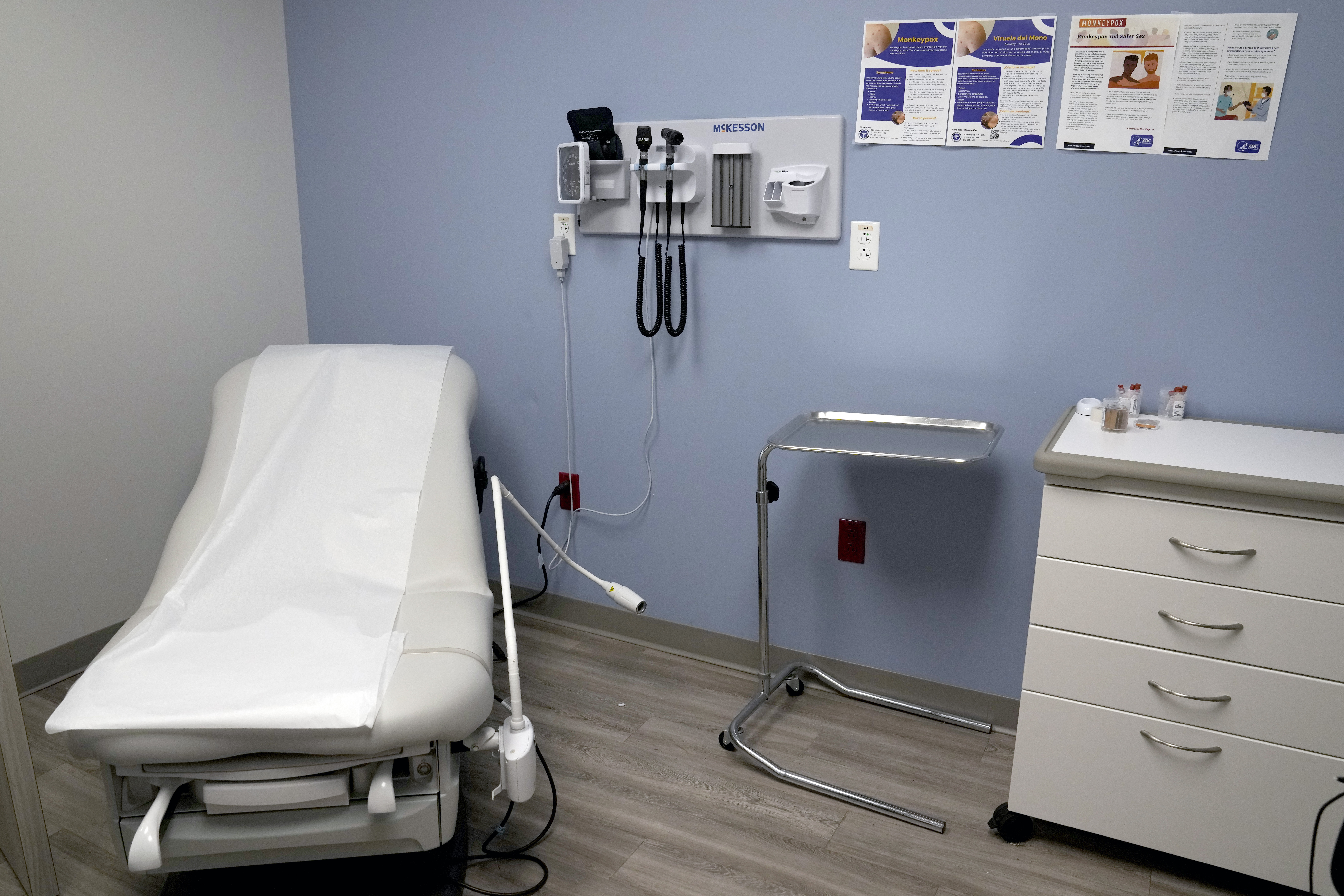Michigan Gov. Rick Snyder late Tuesday activated the National Guard to help distribute bottled water and filters in Flint as it deals with a drinking water crisis that began months ago.
Snyder's executive order is intended to bolster outreach to Flint residents, whose tap water became contaminated with too much lead after it switched its drinking water supply. Officials in Michigan first declared a public health emergency in Flint on Oct. 1 in response to tests that showed children with elevated levels of lead.
Since then, officials have struggled to ensure residents have safe drinking water. People in Flint have been told not drink the tap water until it's determined to be safe, and volunteers and police in recent days have been going door to door with bottled water, filters and lead test kits.
Earlier Tuesday, Genesee County sheriff's Capt. Casey Tafoya had said volunteers and police hoped to get to 500 to 600 houses a day in a city of about 99,000 residents in an estimated 30,000 households.
State troopers and sheriff's deputies escorted eight teams as they trudged through cold temperatures and 3 inches of snow, with more falling. Flyers were left at homes where no one answered, giving the location of where to pick up the items later.
"We plan to go every day this week and we'll continue until everyone has safe drinking water," state police Lt. Dave Kaiser said.
For months, water drawn from the Flint River leached lead from old plumbing into homes after the city switched its drinking water in 2014 from Detroit's system to save money. Exposure to lead can cause behavior problems and learning disabilities in children.
U.S. & World
Flint has since returned to Detroit's system for its water, but officials remain concerned about the corrosion caused by the Flint River water.
The state auditor general and a task force created by Snyder have faulted the Department of Environmental Quality for not requiring Flint to treat the river water for corrosion and belittling the public's fears. The agency's director stepped down last month.
Nearly a month ago, the task force raised concerns about a lack of organization in responding to the disaster.
Snyder, who also has been the target of some criticism, said Monday that the water situation is a "crisis" and last week declared an emergency.
He said that since October, more than 12,000 filters have been distributed, more than 2,000 blood tests have been done — uncovering 43 cases of elevated lead levels — and more than 700 water tests have been conducted.



